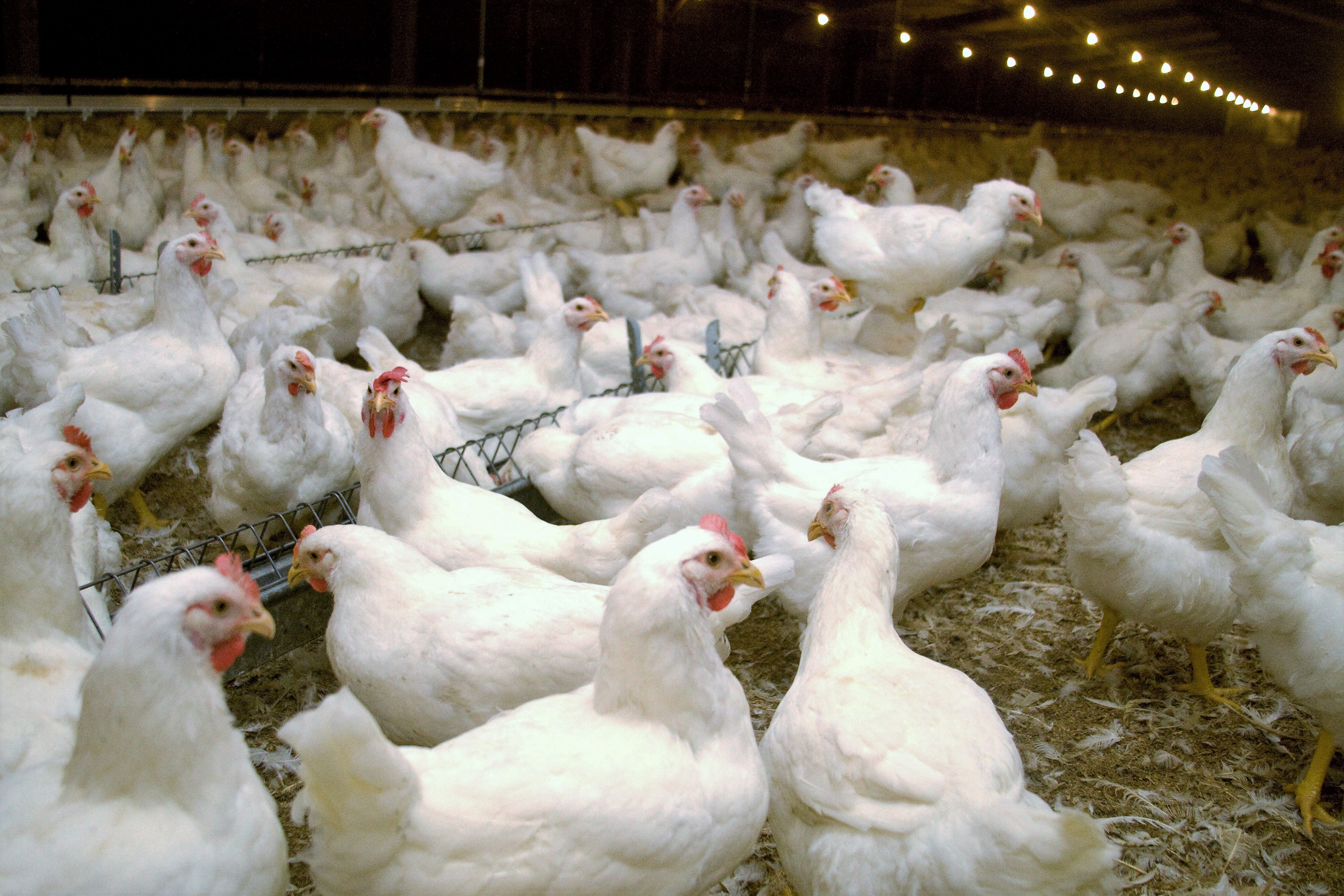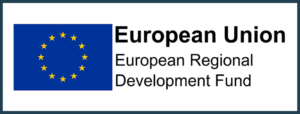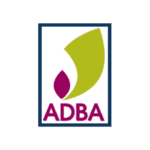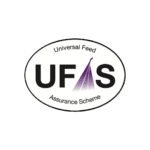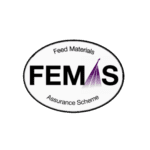[vc_row][vc_column][vc_column_text]Ekogea has been given the green light from Natural Resources Wales (NRW) to conduct a study into ammonia reduction as a result of using Ekogea’s BioComplex in broiler houses. The exciting opportunity comes after the company was awarded a grant of just under £40,000 to:
“undertake an independent evaluation of the environmental, bird welfare, performance and economic impacts in commercial broiler houses and provide recommendations for best practice moving forward.”
The agricultural sector is a major source of ammonia, accounting for 88% of UK emissions in 2016, of which the poultry sector contributes approximately 15% of this. These emissions are responsible for significant environmental issues, including damage to sensitive habitats and diminishing bird health, weight and welfare. Consequently, the UK has targeted an 8% reduction of the total emissions between 2005 and 2020, while also helping farmers to achieve current environmental compliance. The existing legislation in place to reduce ammonia emissions from poultry farms includes environmental permits, which require adoption of Best Available Techniques (BAT) and refusal of broiler farm expansion if ammonia emissions are too high.
The planned 14-month project (which will be supervised by ADAS and the St David’s Poultry team) will evaluate the performance of three different ammonia-reducing products, one of which is Ekogea’s BioComplex F, on two commercial broiler sites in Wales. On each site, two poultry houses (one test and one control) will be monitored across three complete chicken production cycles over the course of six months. Ammonia levels and a range of environmental, animal welfare and performance parameters within the houses will be monitored and measured.
“The intention of the project is to demonstrate that operational and environmental performance of the farms can be improved when using natural organic additives,” commented Phil Hughes, Ekogea’s Director of Agriculture. “This will enable farmers to take preventative actions to reduce ammonia emissions at source, rather than resorting to more reactive actions of mitigation.” It also aims to increase the sustainability of the poultry industry and will allow recommendations (based on the study findings) to be made to farmers to help them reduce ammonia emissions and use best practice to maximise performance.
The project will commence in February 2020 and we will continue to provide regular updates as results begin to come through.[/vc_column_text][/vc_column][/vc_row]

